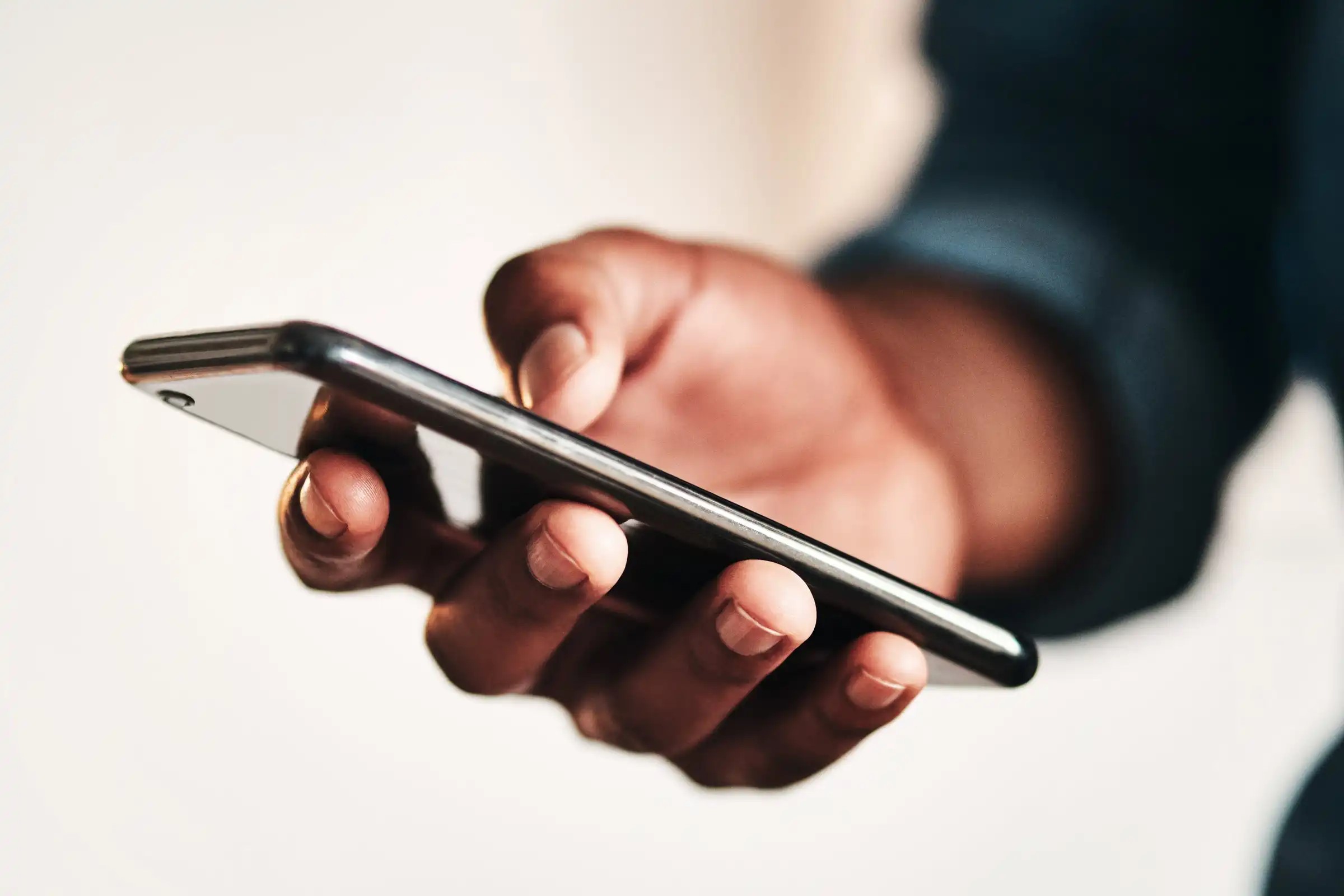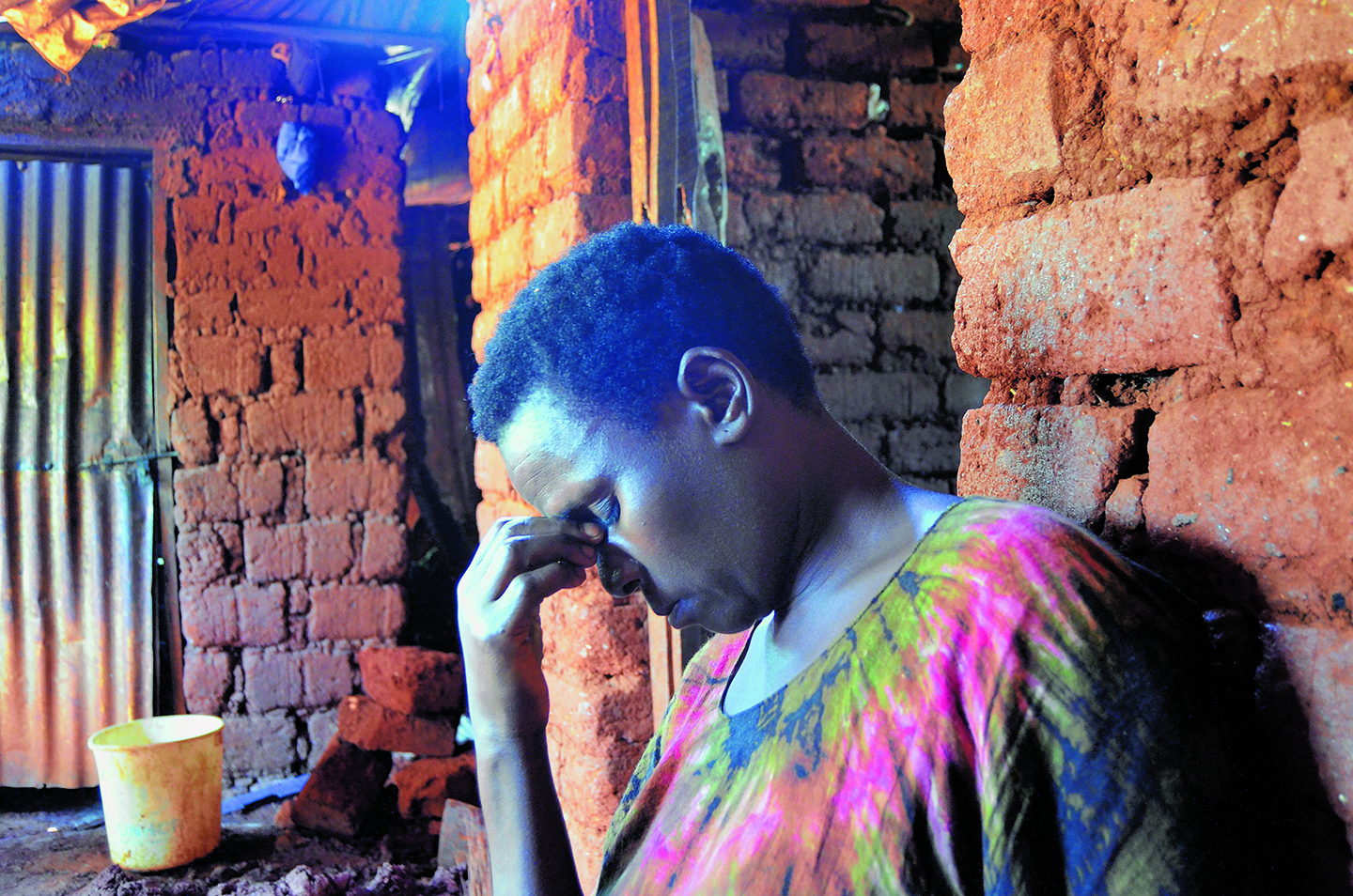Prime
What smartphone habits say about your mental health

According to a new report, 60 percent of users show signs of “nomophobia”, a psychological condition characterised by the fear of being without a mobile phone. PHOTO | FILE
What you need to know:
- As the world marks Mental Health Awareness Month, specialists are raising the alarm over the impact of excessive digital consumption
Dar es Salaam. If you find yourself struggling with fear of missing out (FOMO), attention difficulties, social isolation, or smartphone addiction, mental health experts say you may be at risk of developing serious psychological challenges.
As the world marks Mental Health Awareness Month, specialists are raising the alarm over the impact of excessive digital consumption.
They warn that while digital platforms provide access to information and connectivity, overuse can negatively affect an individual’s mental well-being—contributing to anxiety, poor concentration, and reduced productivity.
According to a recent report titled Smartphone Addiction Statistics for 2025, released by SlickText on March 6, the average person unlocks their smartphone approximately 150 times a day.
More alarmingly, workers switch between apps and websites nearly 1,200 times daily—putting the brain in a constant state of distraction.
The report also reveals that 60 percent of users show signs of “nomophobia”, a psychological condition characterised by the fear of being without a mobile phone.
Such digital behaviours are linked to growing levels of “depression, stress, and anxiety”, as people find themselves constantly tethered to devices that feed comparison, distraction, and even loneliness.
“This constant digital juggling is taking a serious toll on our well-being and productivity,” the report says.
Mental Health Africa founder and director Glory Livingstone told The Citizen that it is easy to focus on what is happening on social media while neglecting our mental well-being.
She explained that signs such as fear of missing out on online information and checking phones regularly could indicate a person is experiencing mental health challenges.
“In today’s digital world, many feel the constant need to stay online and be updated. Some people would rather skip meals than lose internet access, and some even take out data loans just to stay connected.”
Ms Livingstone further added that comparison also becomes a sign when checking and browsing online.
“It’s important to remember that what people post on social media doesn’t always reflect their real lives. Most people only share their happy moments and hide their struggles,” she said, adding that the digital world connects us to opportunities, keeps us updated, and enables us to learn through social media platforms.
However, Ms Livingstone warned that like anything with benefits, it also comes with disadvantages—especially on the psychological and social side.
“Some youth develop compulsive behaviours and struggle to disconnect from their phones or certain apps. Many apps use algorithms that show users content they engage with most, making it harder to stop scrolling.”
Ms Livingstone also pointed out that social media use can lead to attention difficulties, reducing a person’s ability to focus and concentrate on tasks.
“Overreliance on digital communication may hinder the development of essential interpersonal skills such as empathy, active listening and conflict resolution.”
Mental health advocate Sunday Kapesi likened smartphone addiction to substance dependency, citing symptoms such as withdrawal, loss of control, and neglect of responsibilities.
He warned that overuse can lead to depression, disrupted sleep patterns, low self-esteem, and social anxiety.
“Excessive screen time is not a harmless habit—it’s a mental health risk,” he said. “We must start tracking and limiting our screen time, intentionally create offline moments, and replace scrolling with creative or meaningful social activities.”
TechForward Tanzania executive director Elias Patrick highlighted the need for systemic action at both policy and personal levels.
He called for the implementation of digital well-being laws, particularly those protecting young users under 18.
“Enforce screen time limits, especially for users under 18, and demand age verification,” Mr Patrick said and advocated research-based policies, suggesting the government invest in national studies on the impact of social media on mental health.
He encouraged families to set personal boundaries, especially screen-free routines before bedtime, and promote open conversations about social pressure, self-worth, and emotional resilience.
Mr Patrick added that public awareness campaign it’s important.
On an individual level, he advised people to follow uplifting, educational pages while shunning content that triggers comparison or anxiety.
“Tanzania must act before the digital harms outweigh the benefits. A balanced approach—learning from global examples like China while respecting digital rights—is needed. As we observe Mental Health Day, this is a call to both government and citizens to protect the minds of our youth in the digital era.”





